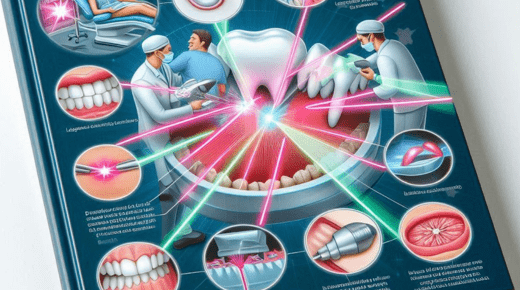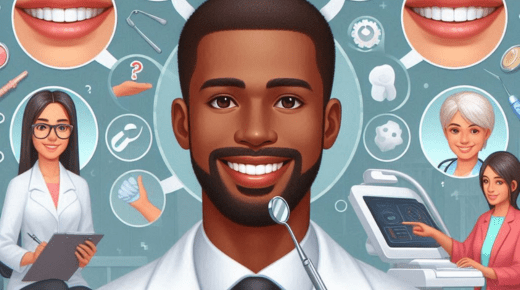Laser dentistry represents a significant advancement in dental care, offering a range of benefits that enhance patient comfort and treatment efficacy. This innovative approach utilizes focused – – light beam technology to perform various dental procedures, making it a valuable option for patients seeking less invasive treatments. This blog will discuss laser dentistry and options like Lansing, MI dental practice, where it is performed.
Understanding laser dentistry
Laser dentistry involves using lasers for dental procedures, from cavity treatment to gum surgery. The term ‘laser’ stands for ‘Light Amplification by Stimulated Emissions of Radiation’, and its application in dentistry has evolved significantly since its introduction in the 1960s. Initially used for soft tissue procedures, lasers are now FDA-approved for 20 dental applications, including complex tissue treatments like tooth whitening and cavity preparation.
Benefits of laser dentistry
Minimally invasive procedures
One of the most compelling advantages of laser dentistry is its minimally invasive nature. Traditional dental tools, such as drills and scalpels, often cause more trauma to the surrounding tissues. At the same time, the lasters can effectively target the affected areas resulting in less bleeding and swelling. This accuracy enhances the patient experience and reduces the risk of complications during recovery.
Reduced need for anesthesia
Many patients dread the needles associated with anesthesia. However, laser dentistry often eliminates the need for anesthesia. For procedures like cavity fillings, the laser can effectively treat the area without the discomfort of injections. This aspect significantly reduces anxiety for patients, making dental visits more pleasant.
Faster healing times
Laser treatments promote faster healing of trauma to the tissues. The precision of the laser reduces the damage to surrounding areas, leading to less inflammation and quick recovery. Patients can often return to their normal activities sooner than with traditional dental procedures, enhancing overall satisfaction with their dental care.
Versatile treatment options
Lasers can be used for a wide range of dental treatments, including:
- Cavity detection and treatment: Lasers can detect and treat cavities precisely earlier than traditional methods.
- Gum disease treatment: Laser therapy can remove the infected gum tissues and promote healing.
- Teeth whitening: Laser enhances the effectiveness of whitening treatments, producing quicker and more noticeable results.
Enhanced patient comfort
Combining less invasive techniques and reduced pain makes laser dentistry a patient-friendly option. Many patients report feeling less anxious and more at ease during their appointments. The gentle nature of laser treatment contributes to a more positive dental experience, which can lead to better oral health outcomes over time.
Commitment to laser dentistry
The integration of laser technology reflects a dedicated treatment regime to provide high-quality, patient-centered care. This practice employs advanced laser systems, allowing for a wide range of procedures and ensuring patients receive the best treatment options. The trained dental health professionals have experience in the latest techniques, ensuring safety and efficacy in every procedure.
Future of laser dentistry
As laser technology continues to evolve, the latest advancements in the dental profession are constantly being integrated. This ensures that patients recover the highest standard of care available. Additionally, oral health professionals will educate patients about the benefits of laser dentistry and address any concerns about the procedures.
Conclusion
Laser dentistry represents a significant advancement in dental care, offering numerous benefits that enhance patient comfort and treatment outcomes. With its minimally invasive approach, reduced requirement for anesthetic, and faster healing times, laser dentistry has transformed the patient experience for improved outcomes. So, if you are considering laser dental treatment research, inquire about its benefits and how it can improve your oral health experience before making any particular choice.




